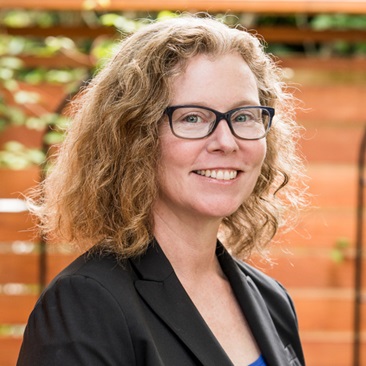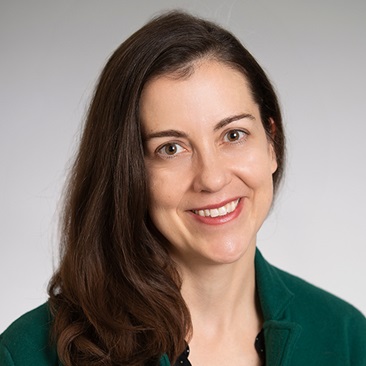Maxwell School News and Commentary
Jok Article on the Integration of the East African Community Published in Geeska Afrika
July 10, 2024
Geeska Afrika
“Can the East African Community become a true union?” written by Professor of Anthropology Jok Madut Jok, was published in Geeska Afrika. Following is an excerpt:
East Africans, both citizens and governments, seem half-hearted about integration.
Many citizens are even unaware of the existence of a bloc that allows them to move and trade easily in a region that spans from the Indian to the Atlantic Oceans. Government leaders oscillate between protectionism and the desire to assert influence in the region. Expressions of pan-regionalism and its mutual benefits rarely go beyond mere pronouncements. This is neither new nor unique to the East African Community (EAC), as national governments often clash on matters of trade, movement of goods, services, and labour, when seeking cooperation on the multilateral level.
These matters are often subject to constant discussion and adjustment, with several theories emerging to make sense of what drives supranational institution building and how states relate to each other in these settings. However, the EAC is often charged with facing more fundamental challenges. There are perennial complaints that the leaders and national governments of each country have not really gone beyond ratifying the founding documents of the bloc. The “Africrats” at the EAC have failed to communicate the utility of the bloc to their people, who do not yet see themselves as mutual beneficiaries of free movement and trade, let alone a distinct budding political and economic community.
However, the relationship between the people of the eight member states is characterised by negative stereotypes, acrimony, suspicion, and conflicting worldviews. In the age of increased internet access and smartphones, any citizen of one country can make social media commentary that may be informative but potentially also negatively stereotypical, inciting hate, violence, territorialism, or any other outrage against citizens of the other countries. Not a week goes by without Twitter, Facebook, or WhatsApp groups carrying some insufferable content about the behaviour of people from one of the member states living in another and supposedly becoming a menace to the locals.
How can the EAC create better cultural, historical, and political understanding among the citizens of the region? Can the obstacles to mutual understanding be identified and addressed through special institutions that propagate commonalities, contextualise the differences, and celebrate the rich diversity of people and cultures? As things stand, this diversity seems like a liability to the union, as arguments become heated and passions run high.
Read the full article at the link above.
Related News
Commentary

Jul 29, 2024
Research

Jul 15, 2024
Commentary

Jul 12, 2024

